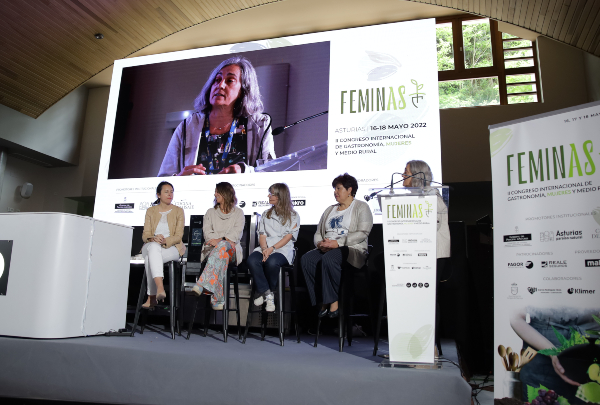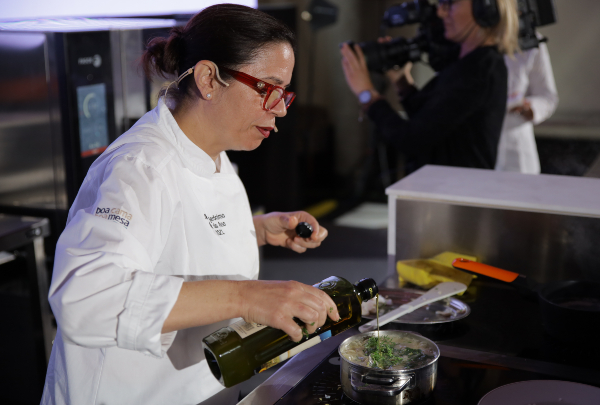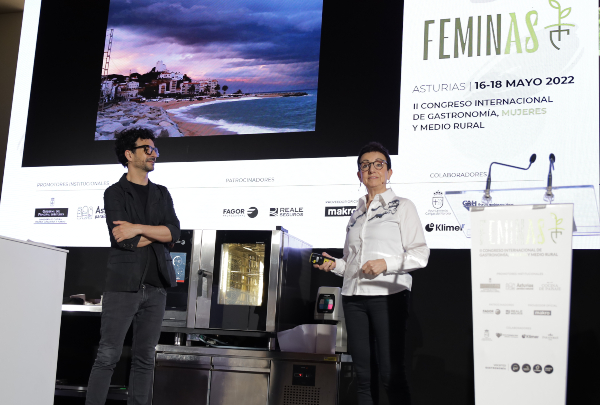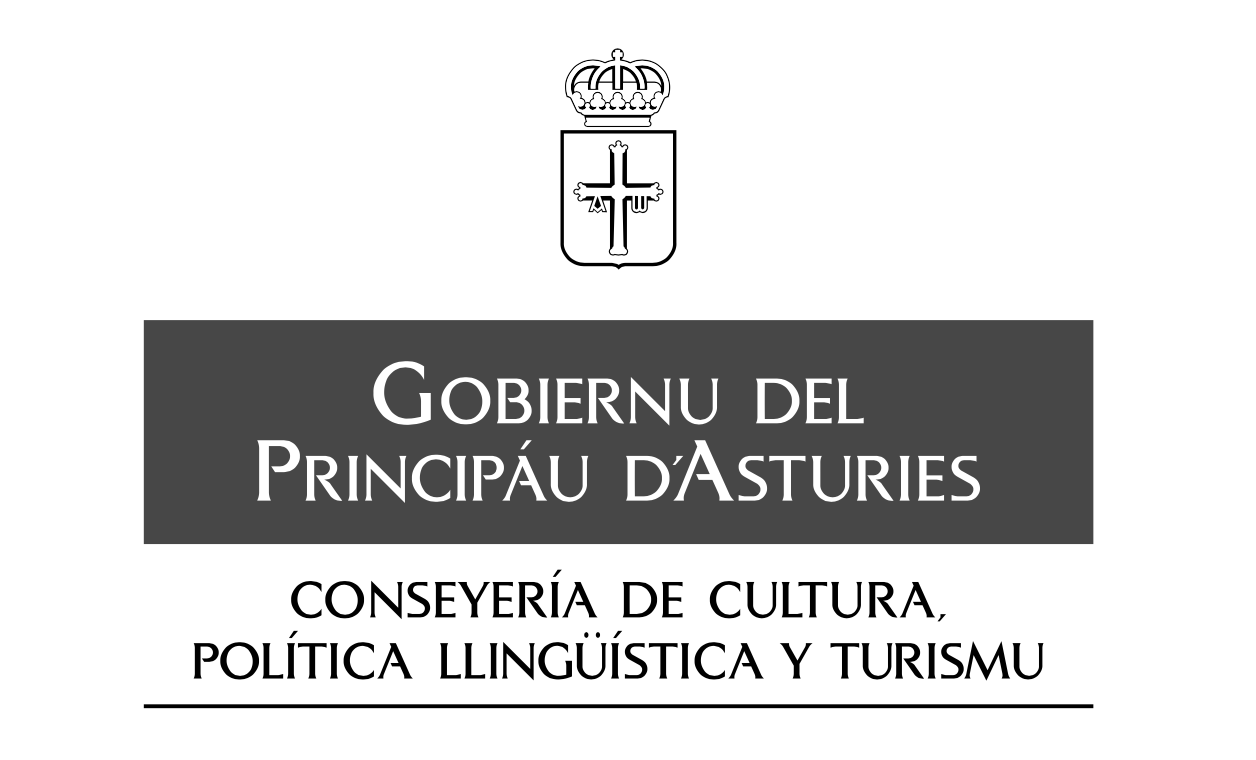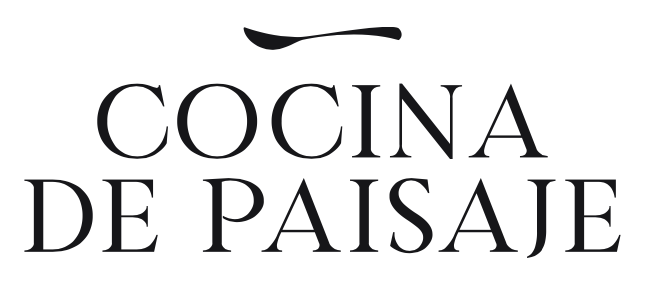News
The international springboard of superior gastronomy for local produce
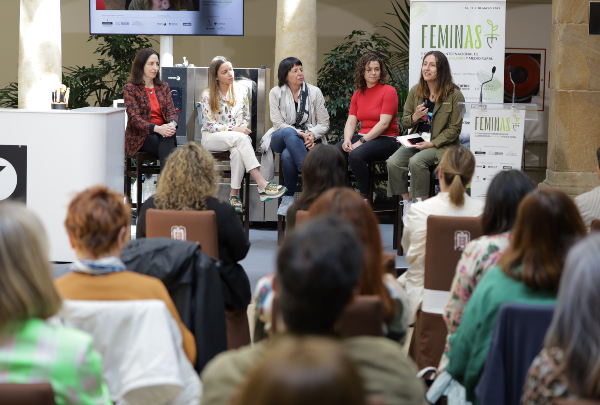
There was quorum at the debate on the internationalisation of local produce at Palacio de Merás (Tineo) on the third and last day of the FéminAs congress: “superior gastronomy is the primary influencer for quality local produce”. This statement was made by Chelo Gámez, founder of La Dehesa de los Monteros (Málaga), but it was corroborated by all her colleagues at the table.
In addition to Chelo Gómez, the discussions featured Rosa Vañó, sales manager at Castillo de Canena (Jaén); María Cardín, sales and marketing manager with Grupo El Gaitero, and Meritxell Juvé, CEO of Juvé & Camps (Sant Sadurní d’Anoia). Meritxell, the youngest in the group, but the fourth generation of a family which plumped for the internationalisation of its product as far back as the 1970s to compete in the sparkling wine market, not on price - as had been the custom - but on quality, "in a search for excellence". A trajectory that has been consolidated, as Juvé explained, because "in recent years national chefs have done an excellent job of unlocking the doors of the international market for our products". Likewise, María Cardín admitted that many of her customers come to her through restaurants in Asturias, "and this is even better than you going looking for the customer because it's a third party introducing your product". A combination of produce and haute cuisine which first involves knowledge of the product, a requisite in relation to which many products still have some way to go, and this was confirmed by Rosa Vañó with regard to extra virgin olive oil - "there's still a considerable amount of disinformation in Spain, although gastronomy is now on the up and up because people want to know more about what they're eating and where it comes from". As Meritxell Juvé added: “the gourmet culture is coming on strong, and people have increasingly more knowledge and want information, which works to our benefit because in Spain we have the potential to offer high-quality local produce".
But it is obvious that haute cuisine will only notice a product if that means excellence, and another key factor concerning which all were in agreement: differentiation. Málaga representative Chelo Gámez illustrated the need for differentiation by recalling the beginnings of her Iberian cold meat business, "a very mature market with renowned brands which was very difficult to penetrate". Chelo found her differentiation in food and its surroundings, the mountains of Ronda. “We're the main producer of chestnuts in Andalusia, and chestnuts fall a month and a half before the acorns, and so I had the idea of introducing a chestnut phase for pigs prior to grazing in the "dehesa", giving the product a sweeter taste you can't get from acorns alone”. Differentiation is "another step along the value chain, and that leads us to excellence", summed up the head lady at Castillo de Canena.
Female business
The round table, moderated by gastronomy journalist Esperanza Peláez, finished with a call for more women in decision-making posts at companies in the sector. Meritxell Juvé admitted that hers "is a markedly male sector, but the upside is that the rural environment has always been more balanced, women have always been there, and in my case the brand not only had my great-grandfather's surname - Juvé - but also my great-grandmother's - Camps - because, although she wasn't the one who was visible, she was certainly the one who made it all work". María Cardín agreed with this perception - "women were always lending their support, but it's a shame they didn't have a more obvious presence, because a lot of talent has been lost in the process". This is why Chelo Gámez called for sorority: “it is we, the women who can do so, who have to help other women to empower themselves, and that's why we allocate a portion of the profits to micro-loans for women in African communities". Rosa Vañó rounded off the encounter with a call to "support each other, understand each other, and lead by example, making women feel sure about their capacity and their professional future".

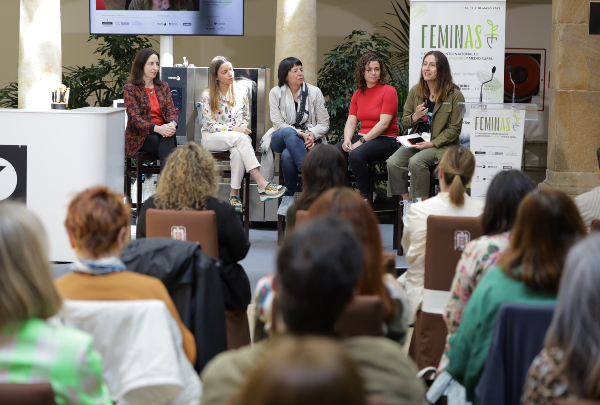
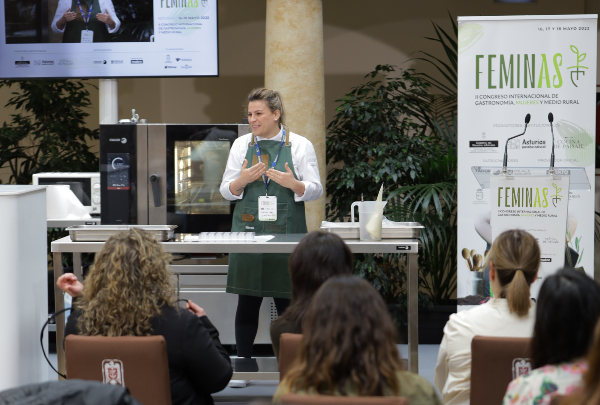
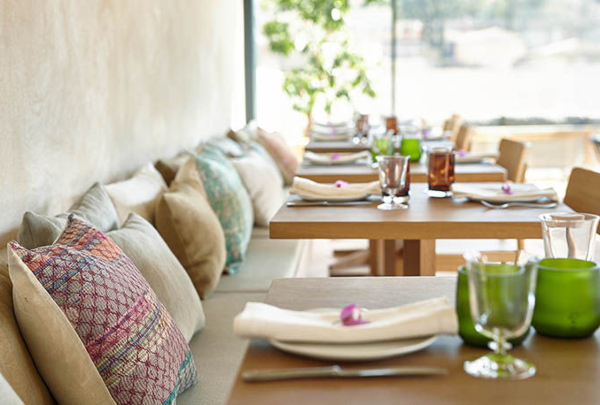
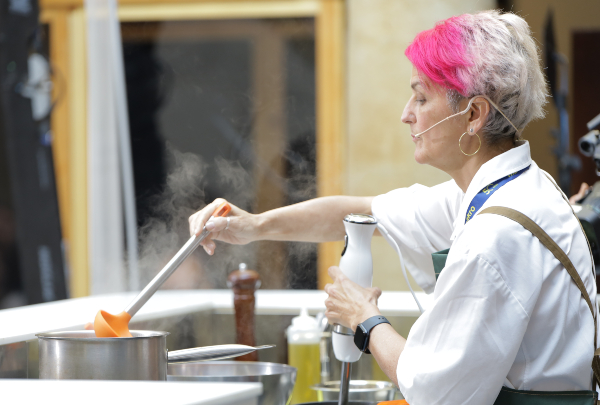
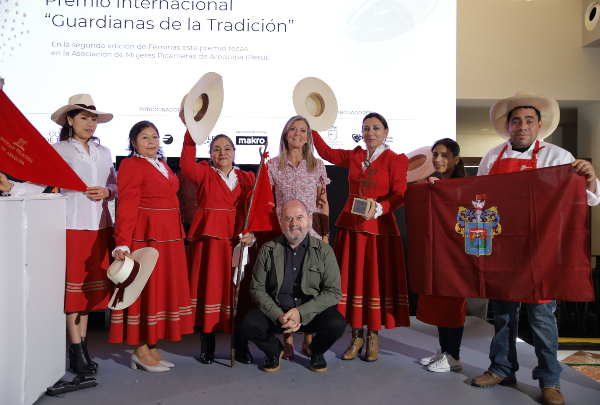
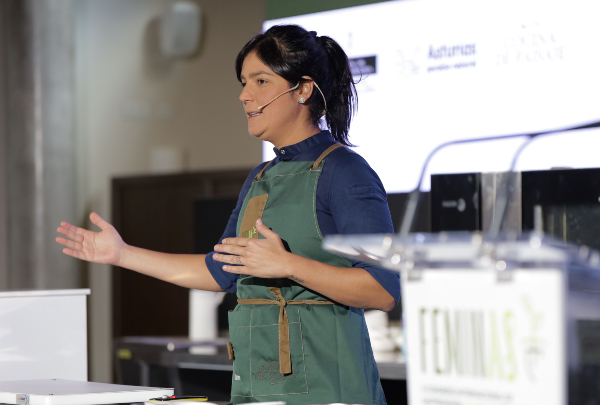
 600.jpg)
